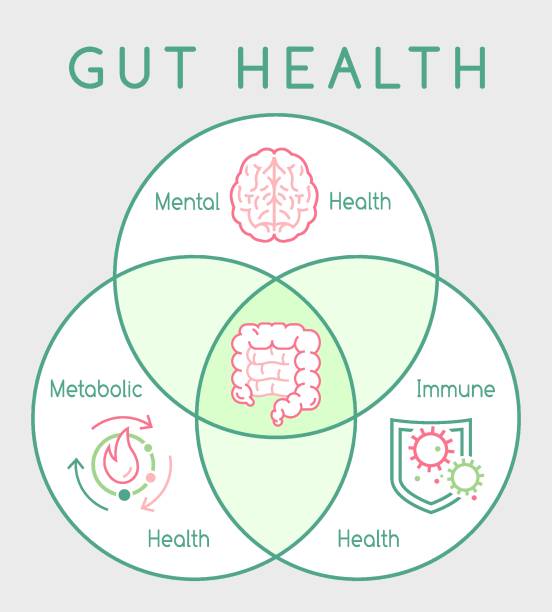
Intermittent fasting has surged in popularity over recent years, touted as a powerful way to lose weight, improve metabolism, and boost longevity. But beyond the hype, what does the science really say? And how can you safely incorporate intermittent fasting into your lifestyle?
What Is Intermittent Fasting?
Intermittent fasting (IF) refers to cycling between periods of eating and fasting. Unlike traditional diets focusing on what you eat, IF focuses on when you eat.
Common IF protocols include:
- 16/8 method: Fast for 16 hours, eat during an 8-hour window
- 5:2 diet: Eat normally 5 days a week, restrict calories to 500–600 for 2 days
- Alternate-day fasting: Fast every other day
- Eat-stop-eat: 24-hour fast once or twice weekly
The goal is to give your body regular breaks from digestion and food intake.
How Does Intermittent Fasting Work?
During fasting periods, your body undergoes metabolic changes:
- Blood sugar and insulin levels drop, improving insulin sensitivity
- Human Growth Hormone (HGH) spikes, aiding fat loss and muscle gain
- Your body shifts from glucose-burning to fat-burning mode
- Cellular repair processes called autophagy ramp up, clearing damaged cells
These processes contribute to many of IF’s reported benefits.
Health Benefits Supported by Research
1. Weight Loss and Fat Reduction
Studies show IF can reduce calorie intake and promote fat loss without muscle loss, especially visceral fat around organs.
2. Improved Metabolic Health
Fasting improves insulin sensitivity, lowers blood sugar, and may reduce risk factors for type 2 diabetes.
3. Heart Health
IF can reduce blood pressure, cholesterol, triglycerides, and inflammatory markers—key contributors to cardiovascular disease.
4. Brain Health and Longevity
Animal studies suggest IF promotes brain-derived neurotrophic factor (BDNF), supporting brain function and reducing neurodegenerative risks. It may also extend lifespan.
5. Cellular Repair and Disease Prevention
Autophagy triggered by fasting helps clear damaged cells, potentially reducing cancer and improving immune function.
Common Myths and Misconceptions
- “You lose muscle on IF.” Not if you maintain protein intake and strength training.
- “Fasting slows metabolism.” Short-term fasting can actually boost metabolic rate.
- “You can eat whatever you want.” Quality matters; bingeing negates benefits.
- “Fasting is dangerous for everyone.” Most healthy adults tolerate IF well; certain groups should avoid or consult a doctor.
Who Should Avoid or Be Careful With IF?
- Pregnant or breastfeeding women
- People with eating disorders or history of disordered eating
- Those with diabetes or blood sugar issues (without medical supervision)
- Children and adolescents
- Individuals with certain medical conditions or on medications
Consult healthcare professionals before starting.
How to Start Intermittent Fasting Safely
- Choose a protocol that fits your lifestyle (start with 12–14 hour fasts)
- Stay hydrated; drink water, tea, or black coffee during fasting
- Eat nutrient-dense foods during eating windows
- Avoid overeating; focus on balanced meals with protein, healthy fats, and fiber
- Listen to your body; adjust if you feel dizzy, weak, or overly hungry
- Be patient; it may take weeks to feel benefits
Tips for Success
- Keep busy during fasting hours
- Avoid temptation by removing snacks
- Plan meals ahead
- Incorporate light exercise (walking, yoga)
- Track your progress with journaling or apps
Final Thoughts
Intermittent fasting is a powerful tool for improving metabolic health, supporting weight management, and possibly enhancing longevity. It’s not a magic bullet but, combined with a balanced diet and lifestyle, can offer significant benefits.
Start slowly, stay consistent, and tailor the approach to your unique needs.







